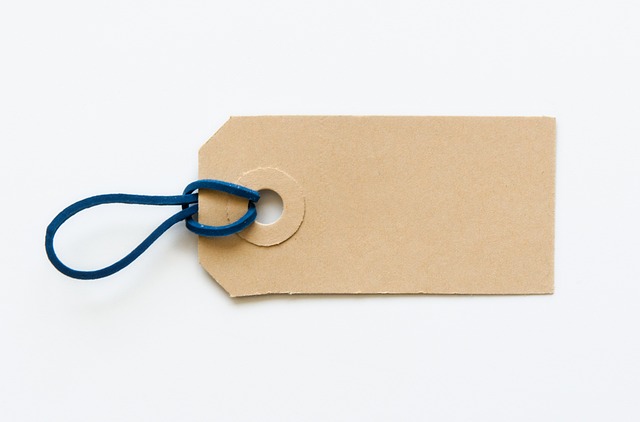Skin tags, harmless growths on skin, can be removed for cosmetic reasons. Non-surgical methods like cryotherapy and laser treatment offer gentle removal. Advanced surgical options are available for permanent solutions from services like Skin Tag Removal Birmingham. Proper aftercare and preventative measures, including hygiene and weight management, reduce reoccurrence risk. Regular dermatological check-ups in Birmingham are recommended for proactive skin tag care.
Looking to get rid of those pesky skin tags? This comprehensive guide explores various skin tag removal techniques, from non-surgical methods like freezing or cutting to surgical options for complete elimination. We delve into understanding different types of skin tags and their causes, as well as aftercare and prevention strategies. For those seeking professional help, we highlight Skin Tag Removal Birmingham services, offering effective solutions tailored to your needs.
Understanding Skin Tags: Causes and Types
Skin tags, also known as acrochordons, are small, soft skin growths that typically appear in areas where skin rubs against itself, such as the neck, armpits, or groin. They are usually harmless and often painless, but some people prefer to remove them for cosmetic reasons. Understanding their causes is an essential first step in considering removal options, especially when seeking professional help like Skin Tag Removal Birmingham services.
There are various types of skin tags, including pedunculated (attached by a thin stalk) and non-pedunculated (unattached). They can vary in size, from as small as a few millimeters to larger ones that might be a couple of centimeters across. While they usually don’t pose any health risks, certain conditions like diabetes or obesity can increase the likelihood of developing skin tags.
Non-Surgical Skin Tag Removal Methods
Non-surgical skin tag removal methods have gained popularity in recent years, especially for those seeking a more gentle approach to getting rid of these small skin growths. One such method is cryotherapy, where extreme cold is used to freeze and destroy the skin tags. This procedure is often performed in a clinic setting, like those offering Skin Tag Removal Birmingham services, and can be effective for smaller, less sensitive tags.
Another non-surgical option is lase treatment, which uses intense pulsed light (IPL) to target and break down the skin cells forming the tag. This method may require multiple sessions but offers a precise way to remove skin tags without incisions or prolonged recovery times. These non-invasive techniques provide individuals with convenient and relatively pain-free options for achieving smoother, tag-free skin.
Surgical Options for Skin Tag Elimination
When considering skin tag removal, surgical options offer a permanent solution for those seeking an end to these small, harmless growths. In skilled hands, a surgeon can employ various techniques, tailored to each individual’s needs. One common method is excision, where the skin tag is cut out, often with a local anaesthetic to numb the area. This quick procedure leaves a tiny scar, but it’s usually unnoticeable and provides permanent results.
For larger or more numerous tags, a surgeon might recommend a laser treatment. This non-invasive approach uses concentrated light to destroy the skin tag tissue. Laser removal offers precision, reducing the risk of scarring, and is suitable for sensitive areas. Individuals seeking Skin Tag Removal Birmingham have access to these advanced techniques, ensuring effective and safe eliminations.
Aftercare and Prevention Strategies
After removing skin tags, proper aftercare is essential for optimal healing and to prevent reoccurrence. It’s crucial to keep the treated area clean and dry, using gentle soaps and avoiding harsh scrubs or picks. Moisturizing gently can aid in keeping the skin hydrated and support the healing process. Additionally, applying a recommended antiseptic cream or ointment can reduce the risk of infection.
To prevent future skin tag development, maintain good hygiene practices, especially in areas prone to friction or irritation. Losing weight (if necessary) and managing diabetes can also help, as these factors contribute to skin tag formation. Regular check-ups with a dermatologist in Birmingham for skin tag removal services can be beneficial for proactive care, especially if you have a history of excessive skin tags or other skin conditions.
When considering skin tag removal in Birmingham, understanding your options is key. From non-surgical methods like freezing or tying off, to surgical procedures for more extensive cases, each has its merits and potential risks. Aftercare plays a vital role in ensuring the best outcomes, while preventive strategies can help avoid future growths. By arming yourself with knowledge, you can make informed decisions about removing these harmless but often annoying skin tags, returning your body to smooth, tag-free comfort.
